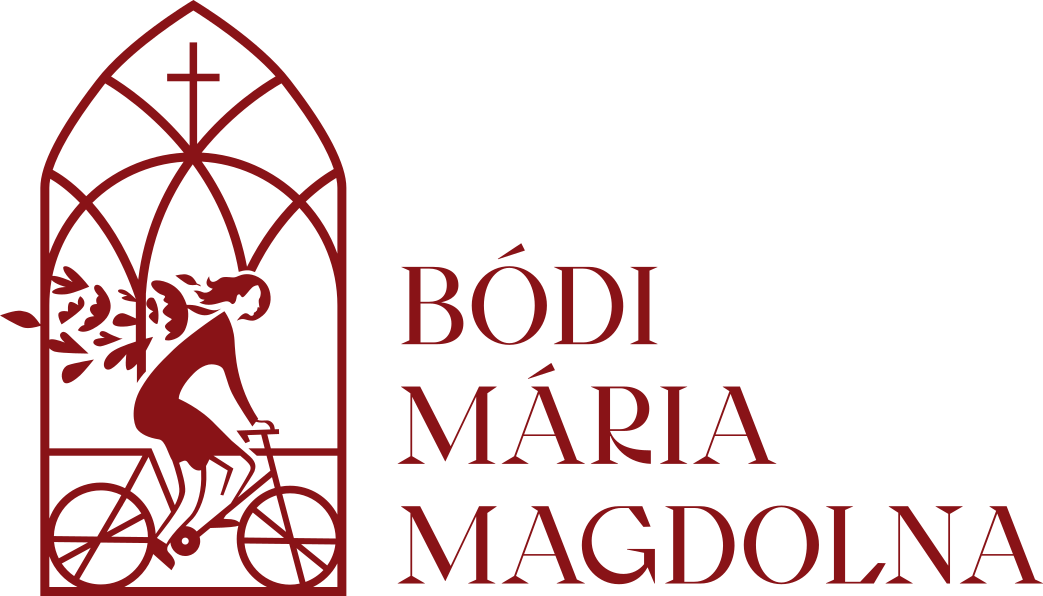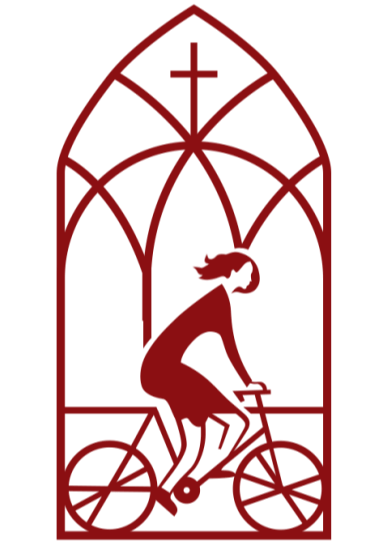She was born on August 8, 1921, in a servant’s dwelling of the mill by the Egervíz stream, in Szigliget, a picturesque part of the Balaton region.
Her father, János Bódi, was probably of Upper Hungarian origin and became an orphan at an early age, raised by his siblings. As a boy, he worked as a stable hand for a military officer, who most likely settled near Badacsony after the First World War as a former prisoner of war. János did not speak Hungarian well, had no personal identification documents, and did not wish to obtain any.
Magdi’s mother, Mária Nika, was from the Partium region, born in Felsőszopor, Szatmár County. She too was orphaned young and raised by her grandparents. She likely fled to Budapest during the First World War, after the Romanian invasion of Transylvania in 1916. There, she worked for several years as a maid, and around 1920 fate brought her to the Badacsony area. It was here that the young couple met and decided to spend their lives together.
Because János lacked official papers, the parents could not marry in either a civil or church ceremony. Due to their frequent moves, those around them were often unaware that they were not married. János, having lost his parents early and endured hardships in childhood, had not received a religious upbringing. With no one to care for him, he was untouched by religious life and could not pass it on to his children. He had a hot-tempered nature, and his harmful habits often cast a shadow over family life.
It was through Magdi’s constant prayers, her voluntary acts of self-denial, and ultimately her death, that her father underwent a complete transformation – a deep, radical change in his life.
In contrast, Magdi’s mother was a kind-hearted, devout woman who raised her children in the faith. She taught them to pray, to live a religious life, sent them to catechism and to church. However, she herself could not receive the sacraments because she had not married in the Church. Both parents loved Magdi dearly and were extremely proud of her.
Magdi had two brothers: the elder, Gyula, and the younger, János. Gyula was in fact her stepbrother, born in Budapest in August 1918, whom their mother brought into the family. Her biological brother János was born in Köveskál on December 10, 1923. Magdi loved both of her brothers dearly, cared for them throughout her life, and tried to keep them on the right path.
Longing to be closer to God – and to live that out in community – Magdi wished to become a nun, joining a female religious order or congregation. However, because her parents had not married in the Church, under ecclesiastical law she was considered of illegitimate birth, which was an obstacle to entering religious life. One of her goals in life was to see her parents’ marriage regularized. After the upheavals of the Second World War, papal dispensations made it possible to marry in the Church even without complete documentation.
After Magdi’s death, her parents fulfilled her wish and were married. Many in her community considered this the first miracle attributed to her. Her death changed her parents’ thinking entirely, for until then they had had no intention of marrying, either civilly or in the Church.


